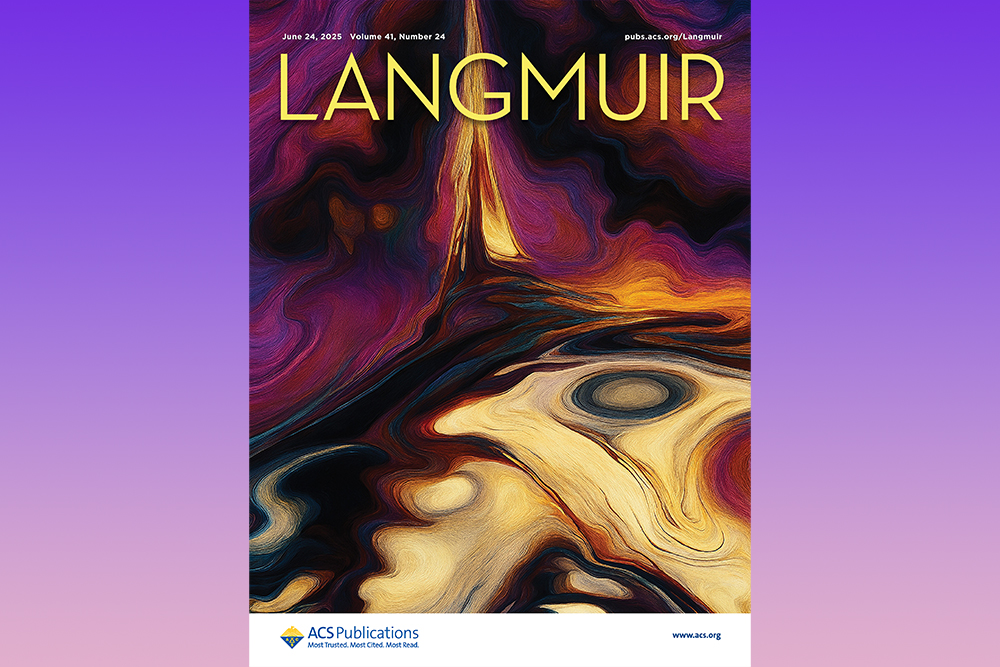Anyone with even a passing knowledge of physics knows that dark surfaces absorb heat, while white surfaces are more effective at reflecting heat – hence the growing number of experts arguing that people should paint roofs and other parts of buildings white to help tackle global warming.
A team of MIT graduates has developed a new tile that changes color as the temperature changes, producing a white surface when hot and a black surface when it is cold.
Dubbed the Thermeleon, to rhyme with chameleon, the researchers claim that in their white state the tiles reflect about 80 percent of sunlight landing on them, while in their dark state they reflect around 30 percent of the sun’s energy.
The team, which last week won a $5,000 prize as part of MIT’s annual Making and Designing Materials Engineering Contest, is now looking at developing a commercial version of the technology that will be able to cope with harsh outdoor weather conditions.
The current version of the technology uses a common commercial polymer in a water solution, which is then trapped between plastic layers, one of which is colored black. When the temperature drops below a level determined by the nature of the solution the white polymer dissolves revealing the black surface.
Because the materials are common and inexpensive, team members think the tile could be manufactured at a price comparable to that of conventional roofing materials — although that won’t be known for sure until they determine the exact materials and construction of their final version.
MIT said the team is now working on an even simpler and lower cost version of the technology that will effectively integrate the polymer solution into a paint that could then be painted straight onto existing black roofs.
Ceramic tile makers take note. Is this a technology that can find its way into the manufacturing of ceramic tile, or even solar tile panels? Or is poly-resin going to be the next big thing in environmentally-friendly, energy saving technology?
CTT Categories
- Energy
- Material Innovations


